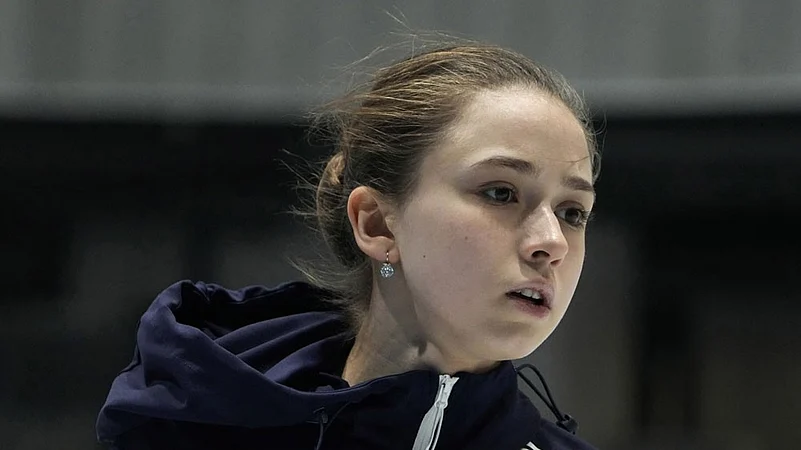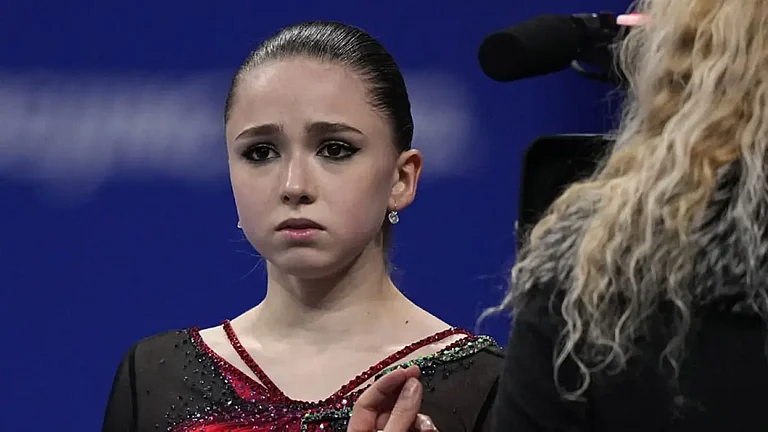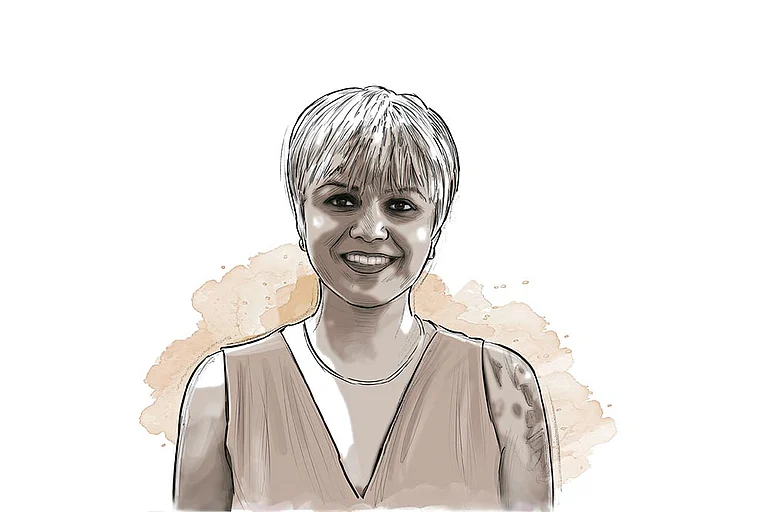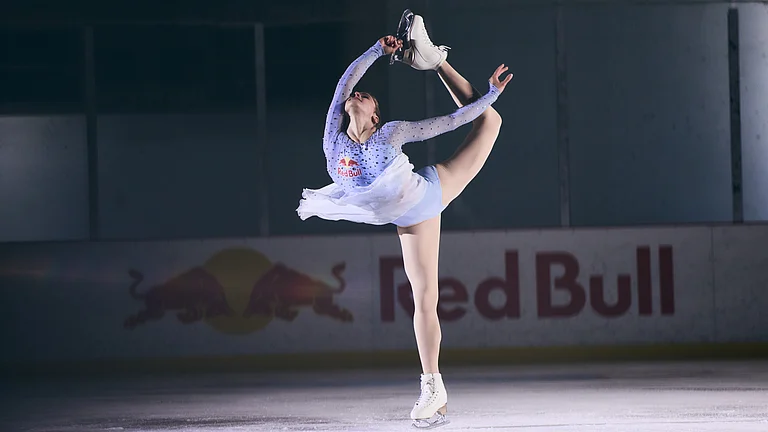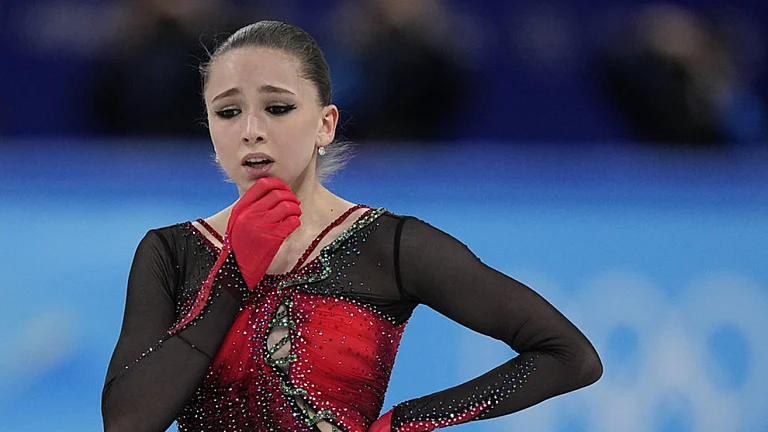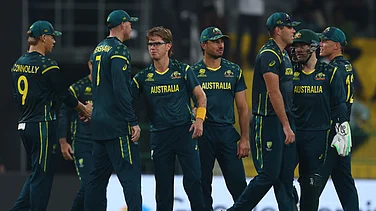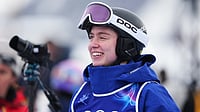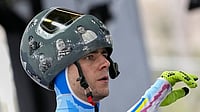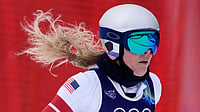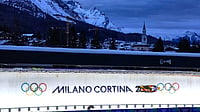Four appeals filed at sport's highest court in the fallout from the doping case of Russian figure skater Kamila Valieva are set to delay awarding medals from the 2022 Beijing Olympics yet again. (More Sports News)
The Court of Arbitration for Sport said Monday it registered three appeals from Russia and one from Canada, to challenge how the International Skating Union amended the result of the team event held two years ago in Beijing because the court disqualified Valieva one month ago.
"Given the early stage of the proceedings, no indication can be given as to when a hearing may take place, if any," the court said in a statement.
The separate Russian appeals from the national Olympic body, the national skating federation, and the skaters including Valieva who were victorious teammates in Beijing, ask the court to reinstate their team as gold medalists.
The single Canadian appeal seeks to get bronze medals ahead of the Russians, who the ISU downgraded to third place instead of fourth once it had removed Valieva's points scores.
The ISU was obliged by the binding CAS ruling on January 29 to remove the Russians from first place and upgrade the United States of America as champions and Japan into second place.
Controversy and promises of further appeals to CAS followed the skating body's interpretation of its own competition rules. The ISU removed Valieva's points — a maximum of 10 for her team in each of the short program and free skate — but did not add a point to the tally of other teams who subsequently rose in the event standings.
The ISU's reordering of team points totals left fourth-place Canada one point behind the Russians. The Canadians believe they should be one point ahead in third place with extra scores added to take account of Valieva's removal.
The fresh appeals now create a third round at CAS with a third different panel of judges since Valieva's positive test for a banned heart medication was revealed during the 2022 Olympics, hours after she starred in the Russian win. No medals were awarded in Beijing.
A first CAS process in Beijing cleared her to skate in the individual women's event, where she started as the favourite. Valieva, then 15, finished fourth with a mistake-filled free skate under intense pressure from the legal issues.
A second appeal to CAS took a full year to complete once the World Anti-Doping Agency and ISU were able to challenge a slow-paced Russian sports tribunal's decision late in 2022 to clear her of blame.
Valieva, now aged 17, was eventually banned by CAS judges for four years until December 2025 and disqualified from the Olympics. The judges did not accept her lawyers' argument that she could have been contaminated by a strawberry dessert prepared by her grandfather.
No medals have been decided officially for the Beijing team event and formal reallocation must be done by the International Olympic Committee.
The IOC executive board meets March 19-21 and the latest legal challenges can further delay its decision.






